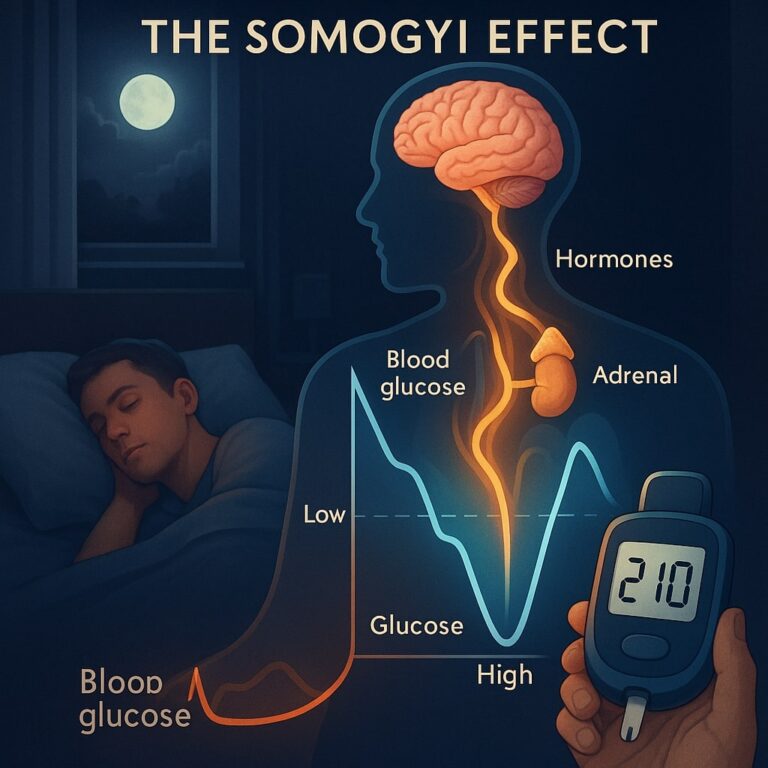Symptoms Your Liver Is Not Performing Well
A liver is located in the right wall of your chest. It is necessary for the body to metabolise meals and eliminate pollutants. The liver prevents waste into the blood, which is then cleansed by the kidneys, and breaks down toxic compounds like opioids and alcohol that could harm the liver. Read on to find symptoms your liver is not performing well.
By boosting the immune system, metabolising drugs, turning food into energy, and acting generally as your body’s poison filter, the liver plays a crucial role in the body. It is a somewhat robust organ that can regenerate on its own to continue serving its purpose well. However, overworking the liver can seriously harm it. Repeated liver damage may eventually lead to life-threatening liver failure, cancer, cirrhosis, scarring, inflammation, and other health issues.
Early diagnosis
Early diagnosis is the best course of action, even though prevention is important.Discover the typical indicators of liver disease by reading on.
It can take years for liver failure to emerge. It can be challenging to identify liver failure in its early stages because its symptoms commonly resemble those of other medical disorders. As your failing liver continues to get weaker, the symptoms get worse.
Chronic liver failure, or liver failure that develops over a long period of time, may result in:
- eyes and skin that seem yellowish (jaundice)
- swelling and pain in the abdomen
- swelling in the ankles and legs
- Skin itch
- dark-colored urine
- Light-colored stool
- Continual tiredness
- sickness or vomiting
- reduced appetite
- Susceptibility for bruising easily
Many of the organs in your body can suffer from liver failure. The implications of severe liver failure might include bleeding, fluid overload, and infection, to name just a few.Both acute and chronic liver failure may end in death if untreated.
When liver failure is treated, many patients recover. Most patients, if a transplant is necessary, resume their normal activities within six months. People who have had an organ transplant require ongoing medical care, including prescription drugs to stop their bodies from rejecting the new organ.







